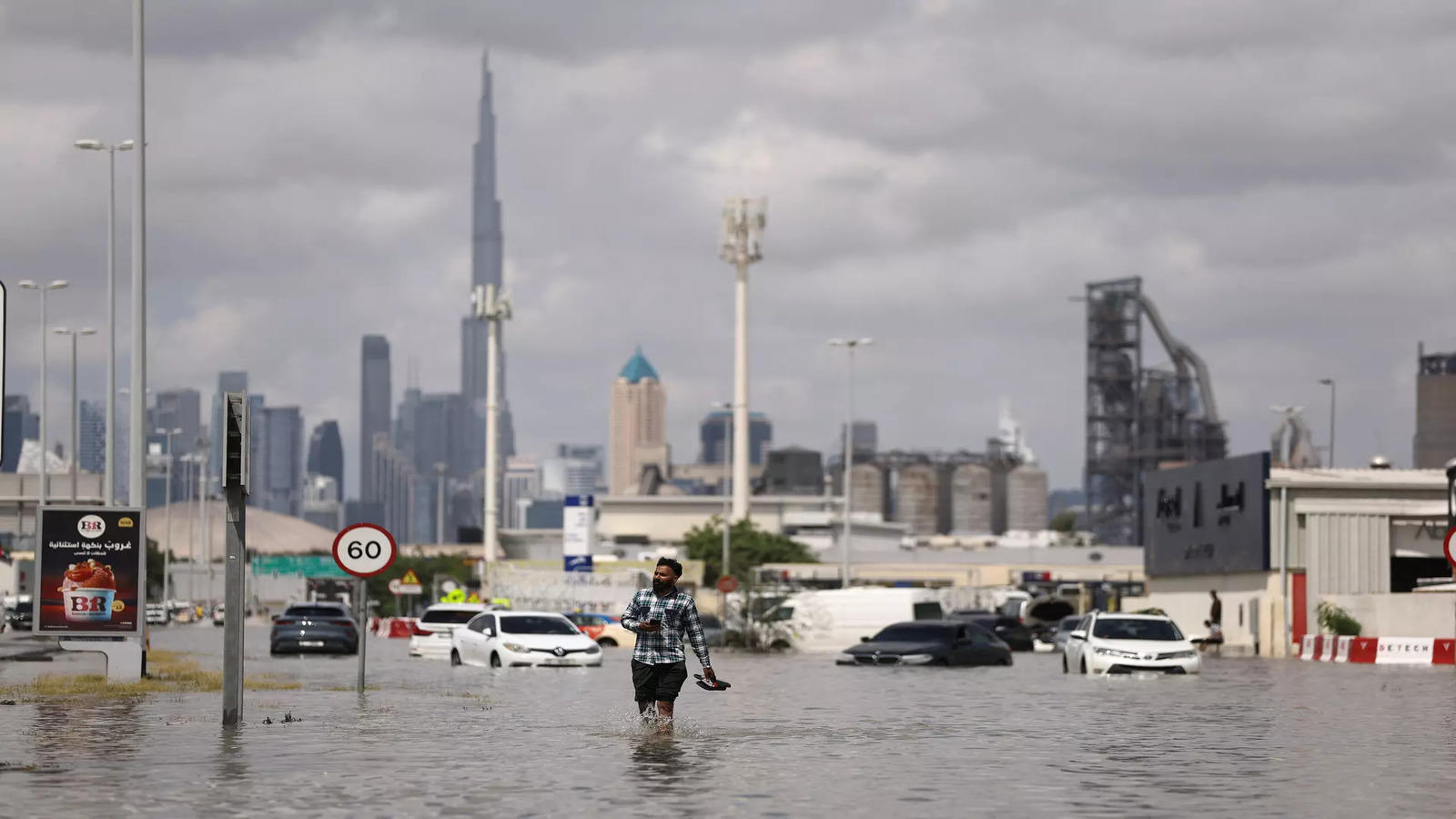Dubai, renowned for its advanced infrastructure and arid climate, witnessed unprecedented flooding following extreme rainfall late on Monday and Tuesday, marking the worst deluge in over seven decades. The intensity of the downpour raised speculations about cloud seeding as a potential trigger, prompting climate scientists to emphasize the climate change nexus.
Senior lecturer Friederike Otto from Imperial College London’s Grantham Institute – Climate Change and the Environment, dismissed assertions linking the heavy rainfall to cloud seeding. In a video released by Imperial College London, Otto underscored the role of climate change in exacerbating extreme weather events globally, attributing the surge in heavy rainfall to a warmer atmosphere’s capacity to hold more moisture.
Otto emphasized that while cloud seeding might augment existing clouds to precipitate, the fundamental requirement of moisture in the atmosphere is accentuated by human-induced climate change. She warned of the dire consequences if the current trajectory of fossil fuel consumption persists, stressing the imperative of curbing emissions to mitigate the escalating impacts of climate change.
Echoing Otto’s sentiments, former earth sciences ministry secretary and climate scientist M Rajeevan labeled the Dubai rainfall as a clear manifestation of climate change. Rajeevan elucidated that rising global temperatures enhance atmospheric moisture content, culminating in intensified rainfall events. He elucidated how predictive models foresaw the occurrence almost 72 hours in advance, attributing the heavy rains to a low-pressure weather system coupled with moisture influx from the Arabian Sea.
The unprecedented flooding in Dubai serves as a poignant reminder of the urgent need to address climate change and its ramifications. As extreme weather events become increasingly commonplace, policymakers and individuals alike are compelled to prioritize sustainable practices and emission reduction measures to safeguard against the perils of a warming planet.






